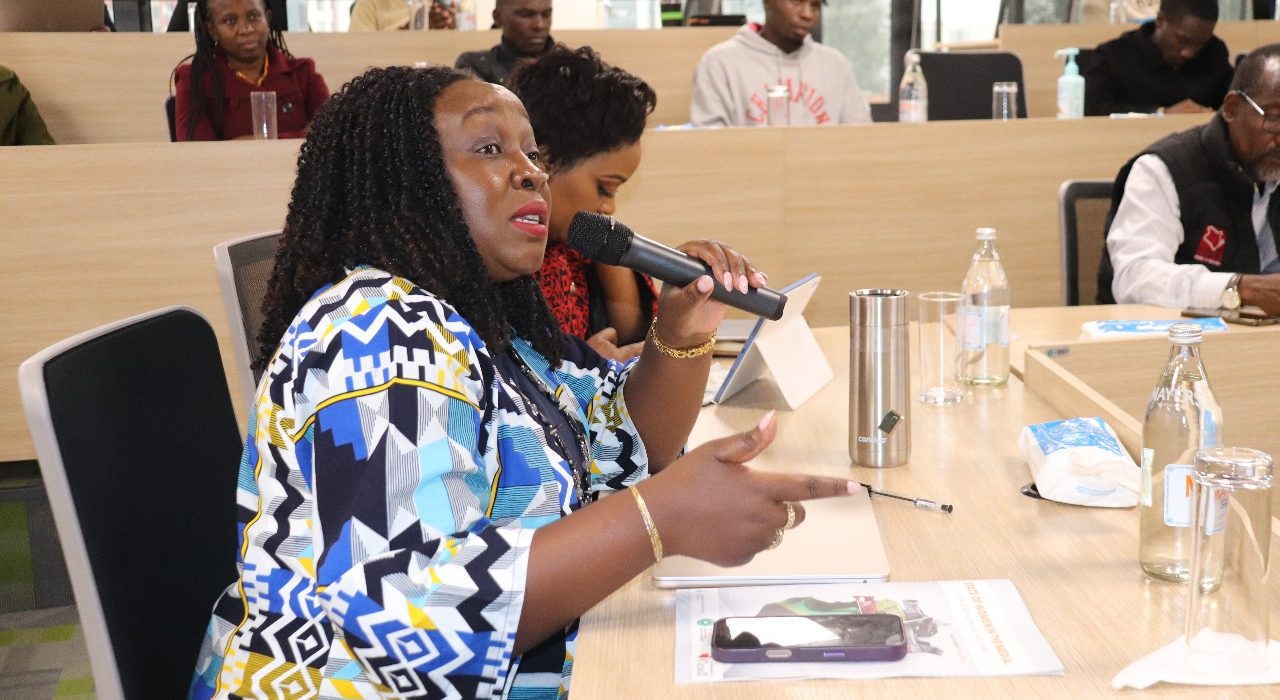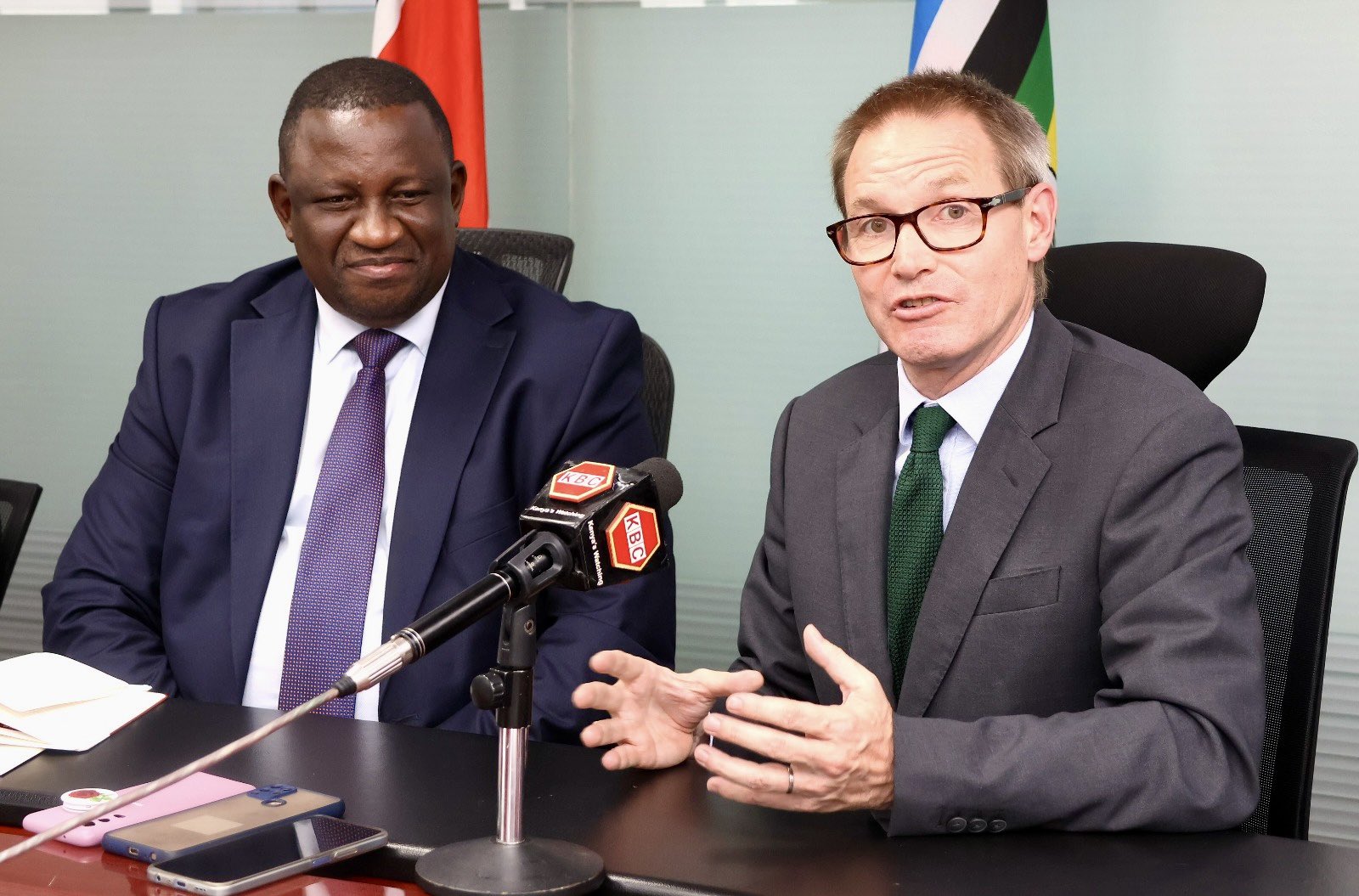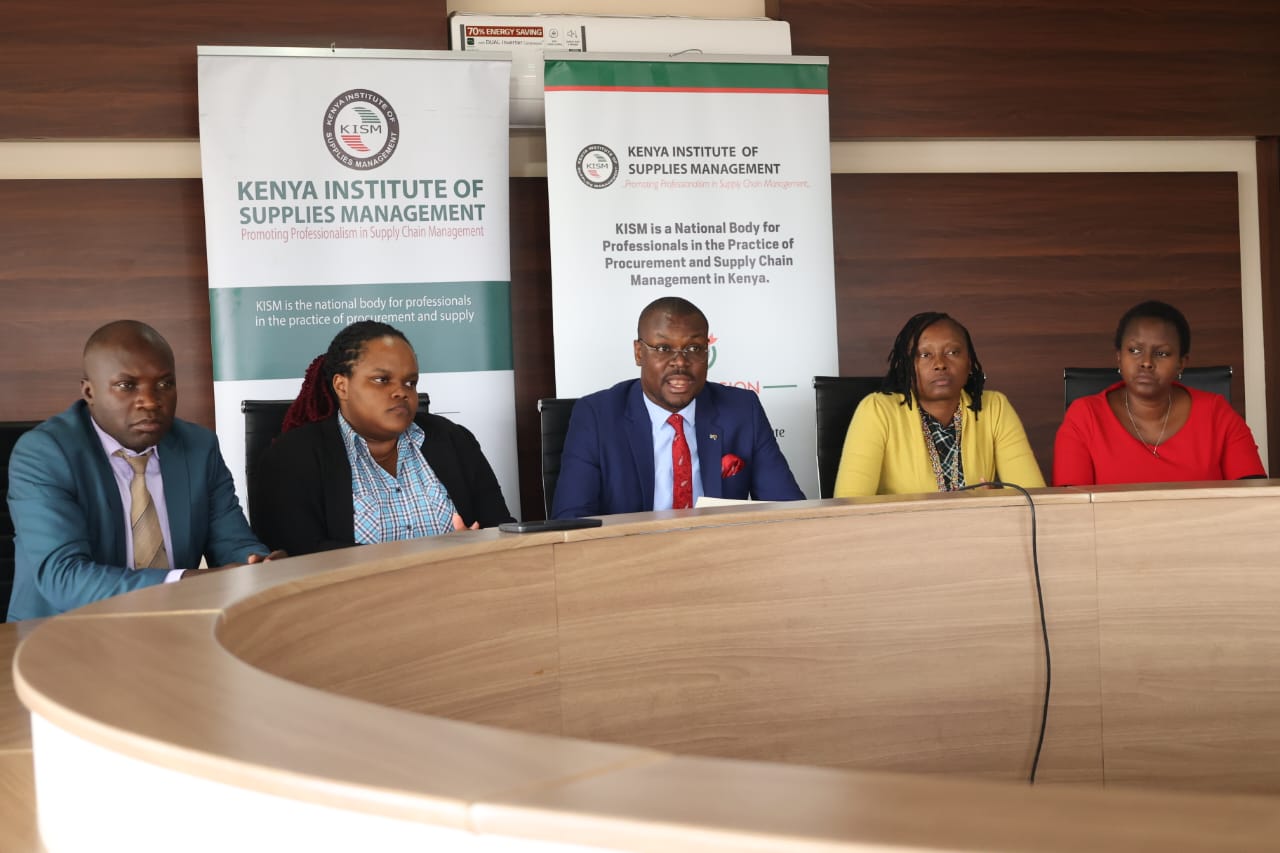By Eddah Waithaka
Kenya’s media industry launched a decisive counterattack against sexual harassment as top editors and journalists pledged to transform toxic newsrooms into safe workplaces by 2025.
The emergency summit at Aga Khan University produced concrete action plans to combat what participants termed an “epidemic of abuse” in news organizations across the country.
The gathering revealed shocking new data showing sexual harassment affects 79% of female journalists, Africa’s highest reported rate.
“Newsrooms must be safe BEFORE the story breaks,” declared Kenya Editors’ Guild President Zubeidah Kananu, issuing her strongest mandate to date.
“Zero tolerance isn’t just policy, it’s practice. We need anonymous reporting channels, external investigations, and consequences that match the crime.”
The crisis hits youngest journalists hardest. A 2023 Association of Media Women in Kenya (AMWIK) study shows 60% of interns and reporters aged 18-35 experience harassment, with 69% unaware of their newsroom’s policies and most remaining silent due to fear and guilt.
Dr. Lydia Radoli of Daystar University shattered key myths about the harassment crisis. “Not women alone have been harassed. We also have male journalists who are harassed,” she revealed, demanding gender-inclusive policies, male-focused support groups, and training to recognize non-traditional cases.
The summit identified implementation, not policy-writing, as the critical failure. “It’s one thing to have a policy, another to follow it,” Dr. Radoli stated. Her solution: quarterly comprehension tests, anonymous effectiveness surveys, and independent compliance officers to ensure policies actually work.
Julius Bosire of the Technical University of Kenya targeted the cultural heart of the problem. “We are not brought up to understand these are your sisters and brothers,” he said. “Sexual harassment thrives when we see colleagues as targets rather than family.”
He demanded mandatory “newsroom family” ethics training for all media staff.Bosire also proposed the most radical structural change, a unified National Media Code against harassment that media houses must adopt to maintain their operating licenses. The timing appears ripe for change.
AMWIK Executive Director Queenter Mbori reported approximately ten media houses have already adopted modern sexual harassment policies developed by stakeholders, with an ongoing audit assessing their effectiveness.
The industry now faces its ultimate test, transforming decades of complacency into concrete action.
As AKU Dean Nancy Booker framed the challenge, “The media does not just report the news, it shapes the conscience of society. But what happens when the storytellers themselves are silenced by fear?”
Every major news organization left the summit with identical homework: audit policies, establish anonymous reporting, and prepare for compliance checks.
The Kenyan media’s credibility, participants agreed, now depends on protecting their own people as fiercely as they pursue the truth.







